The ICJ’s Historic Scrutiny of Israel’s Decades-Long Occupation
In an unprecedented move that underscores a significant moment in international law and diplomacy, the International Court of Justice (ICJ), often revered as the World Court, is set to undertake a meticulous public investigation into the complex legalities surrounding Israel’s extensive occupation of Palestinian territories.

Prompted by a resolution from the United Nations General Assembly, this inquiry marks a pivotal moment in the global community’s efforts to unravel the enduring conflict between Israel and Palestine through the lens of international legal frameworks.
The Prelude to a Groundbreaking Legal Review
Scheduled to unfold on February 19 in The Hague, Netherlands, the hearings are a direct consequence of a resolution passed by the UN General Assembly’s 193 members. This resolution, which successfully passed with 87 votes in favor, seeks to dissect the legal consequences emanating from Israel’s decades-long occupation, focusing on settlements, annexation efforts, and the significant demographic and cultural shifts within Jerusalem.
The decision to launch this investigation, however, was met with contention; Israel, the United States, and 24 other nations opposed the resolution, with 53 abstentions, highlighting the polarized views on this matter within the international arena.
Delving into the Heart of the Occupation’s Legal Quandaries
At the heart of the ICJ’s investigation lies a thicket of legal and ethical questions that have long pervaded Israel’s activities in the occupied Palestinian territories. The Court is tasked with a comprehensive examination of the legal implications of Israel’s occupation-related actions, including the passage of laws deemed discriminatory and the resultant effects on the territories’ legal standing.

This exploration is critical not just for its immediate implications but also for its potential to influence broader principles of international law and the conduct of states under such laws.
Anticipating the Process and Potential Impacts
The ICJ’s proceedings will commence with an invitation to states and pertinent organizations to contribute written statements, a foundational step that precedes the formal hearings. Given the intricate nature of the issues at play, this preliminary phase is expected to extend over several months.
Although the ICJ’s advisory opinions are not legally binding, they carry substantial weight in molding international legal norms and influencing the diplomatic relations between states. As such, the Court’s findings are poised to significantly affect the discourse on the legal status of Israel’s occupation and its wider ramifications for international peace, justice, and the rule of law.
A Pivotal Juncture in the Annals of International Jurisprudence
The initiation of the ICJ’s inquiry into the legalities of Israel’s prolonged occupation represents a momentous juncture in international jurisprudence. As observers around the globe await the proceedings, the ICJ’s analysis is expected to shed light on the underpinnings of one of the most protracted and intricate conflicts of modern times.

This not only promises to contribute to a deeper understanding of the legal landscape surrounding the occupation but also potentially sets the stage for future diplomatic and legal efforts aimed at resolving the conflict.
This landmark examination by the ICJ signifies more than just an assessment of legalities; it embodies the international community’s pursuit of clarity, accountability, and resolution in a conflict that has, for decades, defied peaceful settlement. As the Court embarks on this critical endeavor, the implications of its findings will undoubtedly reverberate across the international legal and diplomatic spheres, offering new perspectives on the path forward for Israel, Palestine, and the pursuit of justice and peace in the region.
Conclusion :
The ICJ’s forthcoming inquiry into the legal aspects of Israel’s occupation stands as a watershed moment in the annals of international legal examination of one of the most enduring conflicts of our era. As the international community looks on, the ICJ’s deliberations promise to illuminate the complex legalities of the occupation, offering a potentially transformative perspective that could influence future diplomatic endeavors and legal challenges.
This momentous occasion underscores the critical role of international legal institutions in addressing and potentially resolving disputes that have long eluded peaceful settlement, marking a significant chapter in the pursuit of justice and legality on the global stage.
Share Your Thoughts: Leave a Comment Below
click on ” Unicorn Blogger “



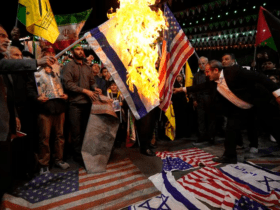
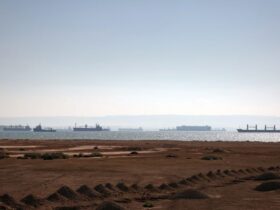


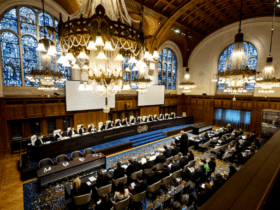















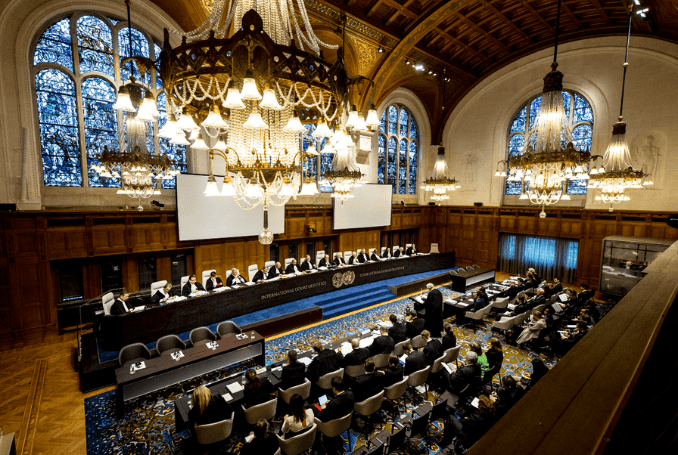



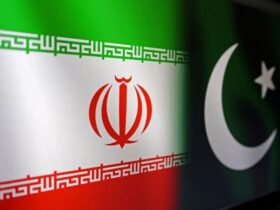

Leave a Reply